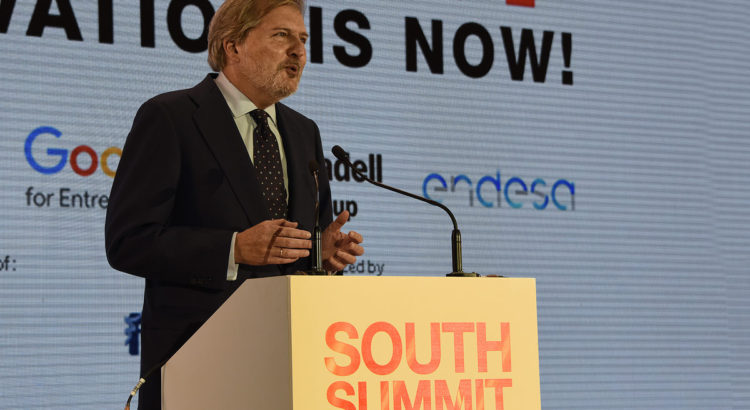Centroamérica/Costa Rica/Octubre de 2016/Autor: Alberto González Pandiella/Fuente: OECD
RESUMEN: Sólo un poco más de la mitad de las mujeres en edad de trabajar en Costa Rica participan en el mercado laboral. Brechas en la participación comienzan a edades muy tempranas y siguen siendo grandes a partir de entonces. Las mujeres con dificultades socioeconómicas bajas cara de fondo para continuar en la educación y tienden a caer fuera de la fuerza laboral. Esto pone de relieve la necesidad de aumentar la oferta de servicios de cuidado infantil financiados con fondos públicos, y para dirigirlos a las mujeres en los hogares de bajos ingresos. Costa Rica muestra un fuerte compromiso de invertir en la educación. Pero los logros promedio de educación siguen siendo bajos. Menos de la mitad de la cohorte de 25-29 ha completado la educación secundaria, que es muy por debajo de las tasas de graduación observados en otros países de América Latina como Colombia, Perú y Panamá. puntajes de PISA son bajos en todas las disciplinas, lo que indica que la calidad de la educación también es comparativamente baja.
Costa Rican well-being indicators are comparable or even above the OECD average in several dimensions (OECD, 2016a). Nevertheless, gaps with OECD countries are large in two dimensions: labour market participation and education. This hampers both long-term growth prospects and equity. Boosting early childcare education and care would help to close both gaps (Gonzalez Pandiella, 2016).
Only slightly over half of the Costa Rican working-age women participate in the labour market. Gaps in participation start at very early ages and remain large thereafter. Women from low socioeconomic background face difficulties to continue in education and tend to drop out of the labour force. Only one out of four women in low income households in the 24-35 age bracket participate in the labour market (Figure 1, Panel A). This low participation is predominantly due to the non-remunerated care responsibilities they have to assume (Figure 1, Panel B). This highlights the need to increase the supply of publicly-funded childcare services, and to target them at women in low income households.
Costa Rica shows a strong commitment to invest in education. But the average education attainments remain low. Less than half of the 25-29 cohort has completed secondary education, which is well below graduation rates observed in other Latin American countries such as Colombia, Peru and Panama. PISA scores are low in all disciplines, indicating that the quality of education is also comparatively low. Moreover, educational gaps depending on households’ income are widening. These inequalities in education outcomes start early. At the end of primary education, the share of students coming from low income households lagging behind is high, and this is aggravated in lower secondary, when many drop out. Attendance to pre-primary education helps to decreases the likelihood of low performance in secondary education, even after controlling for socioeconomic factors (OECD, 2016b). Thus, boosting attendance to early childhood education and care, with an especial focus on children from low-income households, would also contribute to close educational inequalities and gaps in Costa Rica.
Fuente: https://oecdecoscope.wordpress.com/2016/10/12/mind-the-gaps-boost-early-childcare-education-and-care-in-costa-rica/
Imagen: http://diariocorreo.pe/historico/madres-trabajadoras-son-un-ejemplo-de-persev-31931/











 Users Today : 30
Users Today : 30 Total Users : 35460293
Total Users : 35460293 Views Today : 40
Views Today : 40 Total views : 3419008
Total views : 3419008